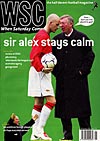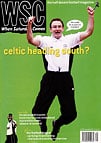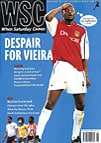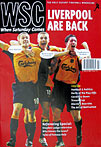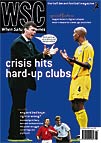 With Sepp Blatter on the ropes, Alan Tomlinson looks at how FIFA might reform itself
With Sepp Blatter on the ropes, Alan Tomlinson looks at how FIFA might reform itself
FIFA’s motto is: “For the good of the game.” The slogan is often parroted by the insiders in the FIFA elite, as they gloat from their luxury rooms in the world’s top hotels, or welcome you to their bunker-like FIFA House in the exclusive hillside suburb overlooking Lake Zurich, the Alpine summits across the water and the self-satisfied gloss of Zurich’s Banhofstrasse, with its top designer stores and morally dodgy banks. The FIFA elite is comfortable here. The wives of FIFA’s top brass like the lobbies and the stores. The FIFA men themselves like the loot and the secrecy.
